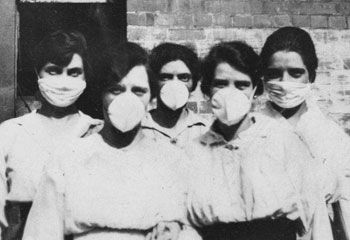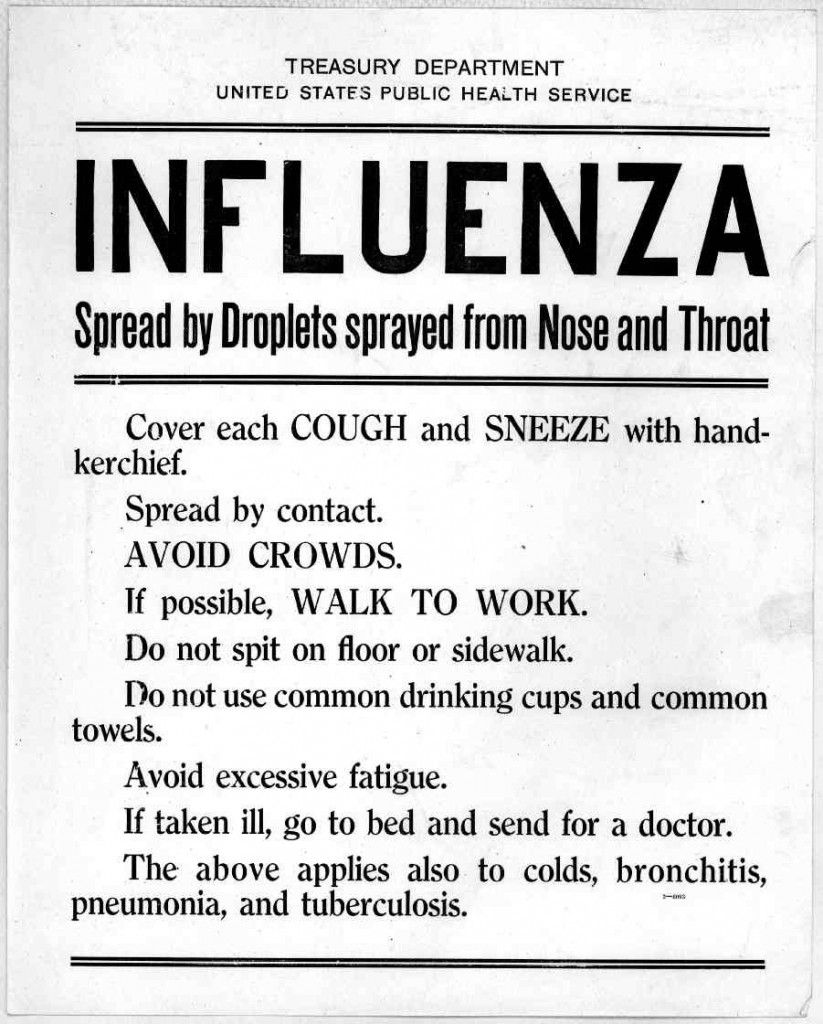Scan barcode
A review by emleemay
In the Shadow of Blackbirds by Cat Winters
5.0
The lovely Cat Winters joined us over at the blog to talk about the inspiration for this novel and writing about women in 1918: http://thebookgeek.co.uk/308.php


Wow. I thought this was fantastic - one of the best books I've read in a long while.
When I think of 1918, I think of a world torn apart by war. I think of trenches and Kaiser Willhelm and a general fear that your father, husband, brother and/or son will never make it back to you. When I think of death in 1918, I picture a bleak image of those trenches filled with corpses, surrounded by rats and filth. I did not, however, think of the Spanish influenza that infected 500 million people and killed between 20 and 50 million of those - until now. Now, it's pretty much all I can think about.
[b:In the Shadow of Blackbirds|13112915|In the Shadow of Blackbirds|Cat Winters|http://d.gr-assets.com/books/1348721608s/13112915.jpg|18286614] is an incredibly atmospheric novel that captures the fear of fighting an invisible enemy at home while your loved ones fight the foreign threat across the globe. This is not a nice story. Plain wooden boxes become the coffins of the latest victims and they lie piled in the street, waiting to be carried away on the back of trucks. People cover their faces with masks and peer anxiously at those standing next to them, checking for the first signs of illness. Your neighbour who you were speaking to just yesterday might very well be dead today after being hit with a fever during the night. Winters takes you back to this time of fear and dread; and into this world she introduces a fantastic heroine and a supernatural mystery.

Mary Shelley Black (yes, named after the author) is a budding scientist in a man's world - the author manages to subtly weave a few gender equality struggles into the story without letting it overtake the main plot focus ("why can't a girl be smart without it being explained away as a rare supernatural phenomenon?"). Her father has been imprisoned as a traitor for refusing to fight in the war and she has been sent to live with her aunt (a widow who is working in the shipyard while the men are absent). I love how Winters carefully shows the world at this delicate time down to the details of how women's roles began to shift and change - it was an eye-opener for many to witness the fact that women were fully capable of performing the same jobs as men. Mary Shelley's childhood sweetheart - Stephen - is off fighting on the front line and she waits impatiently for his return. In the meantime, she sceptically poses for Stephen's brother, Julius, who claims to be able to photograph spirits.
When the spirit stood next to Mary Shelley in her photograph turns out to be Stephen, her whole world is tipped upside down. And it gets even crazier when he appears to her with a confused message... Mary Shelley is determined to find out just what is so important that Stephen has become trapped between life and death on a mission to deliver the information to her. The author guides Mary Shelley on a journey to meet mediums and hospitalised soldiers, there is not one second of this novel where I didn't fully believe I was in 1918 amid the opium dens and new technology. Very, very atmospheric.
I also loved the rather unique relationship between Mary Shelley and her aunt, the development of it had such a genuine feel. They are two very different women but each are strong in their own ways and they support each other endlessly, even whilst simultaneously driving one another crazy at times. For once, I am very sad that this book is a standalone because I would love to see more from the two of them - they make such a wonderful pair. But I can't complain about anything in this, I honestly don't have a single bad thing to say about it.
You should read this book. I also think this might appeal to those who thought [b:The Diviners|7728889|The Diviners (The Diviners, #1)|Libba Bray|http://d.gr-assets.com/books/1336424966s/7728889.jpg|10501517] was a bit too... flamboyant.


Wow. I thought this was fantastic - one of the best books I've read in a long while.
When I think of 1918, I think of a world torn apart by war. I think of trenches and Kaiser Willhelm and a general fear that your father, husband, brother and/or son will never make it back to you. When I think of death in 1918, I picture a bleak image of those trenches filled with corpses, surrounded by rats and filth. I did not, however, think of the Spanish influenza that infected 500 million people and killed between 20 and 50 million of those - until now. Now, it's pretty much all I can think about.
[b:In the Shadow of Blackbirds|13112915|In the Shadow of Blackbirds|Cat Winters|http://d.gr-assets.com/books/1348721608s/13112915.jpg|18286614] is an incredibly atmospheric novel that captures the fear of fighting an invisible enemy at home while your loved ones fight the foreign threat across the globe. This is not a nice story. Plain wooden boxes become the coffins of the latest victims and they lie piled in the street, waiting to be carried away on the back of trucks. People cover their faces with masks and peer anxiously at those standing next to them, checking for the first signs of illness. Your neighbour who you were speaking to just yesterday might very well be dead today after being hit with a fever during the night. Winters takes you back to this time of fear and dread; and into this world she introduces a fantastic heroine and a supernatural mystery.

Mary Shelley Black (yes, named after the author) is a budding scientist in a man's world - the author manages to subtly weave a few gender equality struggles into the story without letting it overtake the main plot focus ("why can't a girl be smart without it being explained away as a rare supernatural phenomenon?"). Her father has been imprisoned as a traitor for refusing to fight in the war and she has been sent to live with her aunt (a widow who is working in the shipyard while the men are absent). I love how Winters carefully shows the world at this delicate time down to the details of how women's roles began to shift and change - it was an eye-opener for many to witness the fact that women were fully capable of performing the same jobs as men. Mary Shelley's childhood sweetheart - Stephen - is off fighting on the front line and she waits impatiently for his return. In the meantime, she sceptically poses for Stephen's brother, Julius, who claims to be able to photograph spirits.
When the spirit stood next to Mary Shelley in her photograph turns out to be Stephen, her whole world is tipped upside down. And it gets even crazier when he appears to her with a confused message... Mary Shelley is determined to find out just what is so important that Stephen has become trapped between life and death on a mission to deliver the information to her. The author guides Mary Shelley on a journey to meet mediums and hospitalised soldiers, there is not one second of this novel where I didn't fully believe I was in 1918 amid the opium dens and new technology. Very, very atmospheric.
I also loved the rather unique relationship between Mary Shelley and her aunt, the development of it had such a genuine feel. They are two very different women but each are strong in their own ways and they support each other endlessly, even whilst simultaneously driving one another crazy at times. For once, I am very sad that this book is a standalone because I would love to see more from the two of them - they make such a wonderful pair. But I can't complain about anything in this, I honestly don't have a single bad thing to say about it.
You should read this book. I also think this might appeal to those who thought [b:The Diviners|7728889|The Diviners (The Diviners, #1)|Libba Bray|http://d.gr-assets.com/books/1336424966s/7728889.jpg|10501517] was a bit too... flamboyant.